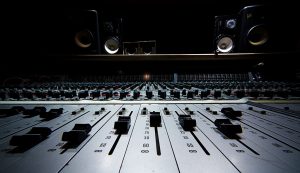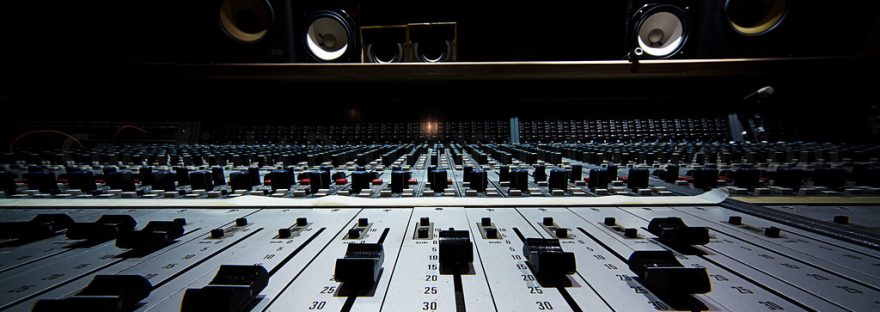A mix engineer will take the tracks that you have recorded in a studio or at home, and blend them into a mixed recording that can be played back on any playback device. By ‘tracks’, we mean the recorded signals which came from each individual microphone or instrument while each performer was recording their performance. Between the various recorded inputs and the many takes (attempts) at a performance, a modern recording can include anywhere from dozens to hundreds of individual tracks. It is the job of the mix engineer to use various processing techniques to alter and blend these tracks in an attempt to highlight the important aspects of your performance.
 You could take your tracks to hundreds of mix engineers and get as many different results. Why is this? Many will credit the equipment, others the technical training, but the most significant factor is the judgment, taste and character of the mix engineer. There’s generally no “best” mix, because that will depend on your taste as well.
You could take your tracks to hundreds of mix engineers and get as many different results. Why is this? Many will credit the equipment, others the technical training, but the most significant factor is the judgment, taste and character of the mix engineer. There’s generally no “best” mix, because that will depend on your taste as well.
So don’t be convinced to choose one engineer over another by the collection of expensive tools, or a diploma hanging on the wall. Listen to their work, and ask questions about the nature of the tracks that were supplied for the engineer’s use. Look for an engineer who can:
- Work with tracks like the ones you have on hand (home-recorded or studio-recorded, also the kinds of instruments/voices recorded and the style of your music)
- Listen and understand your vision for the completed recording
- Provide samples of his/her work which give you confidence in their ability to deliver to your vision
- Earn your trust
- Provide references, if you ask
Make sure you’re working with partners who care about your music as much as you do!
If you like what you read above, maybe you'd like to work with Allister at Tilted White Shed? Reach out through the Contact Us page.


